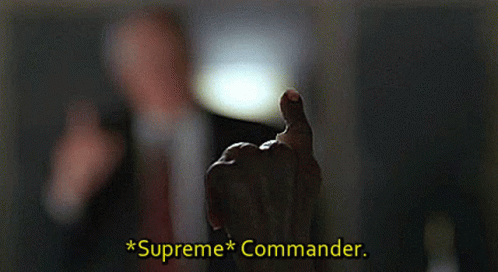All,
We may have been here before.
I had to look up something in Brooke's book (By Trent).
The agreement was that a US general would be Supreme Commander in the Med and the Overlord would be a UK general.
Churchill had to renege on his promise to Brooke.
Brooke did not have a high opinion of Eisenhower's strategic outlook, also based on Eisenhower's inability to run the war in North Africa, being very involved in the politics.
That said, Eisenhower had one quality that others might have lacked: getting all to work together!
But besides Brooke, who else?
Marshall was identified early in the process, but how would he have faired? Marshall was very concerned about getting ashore, but what thereafter? did he really know what next after a landing?
MacArthur could have been a candidate -> disaster probably.
Paget?
Wilson?
Wavell?
Monty -> oh dear!
Patton?
Bradley?
Anyone?
We may have been here before.
I had to look up something in Brooke's book (By Trent).
The agreement was that a US general would be Supreme Commander in the Med and the Overlord would be a UK general.
Churchill had to renege on his promise to Brooke.
Brooke did not have a high opinion of Eisenhower's strategic outlook, also based on Eisenhower's inability to run the war in North Africa, being very involved in the politics.
That said, Eisenhower had one quality that others might have lacked: getting all to work together!
But besides Brooke, who else?
Marshall was identified early in the process, but how would he have faired? Marshall was very concerned about getting ashore, but what thereafter? did he really know what next after a landing?
MacArthur could have been a candidate -> disaster probably.
Paget?
Wilson?
Wavell?
Monty -> oh dear!
Patton?
Bradley?
Anyone?
